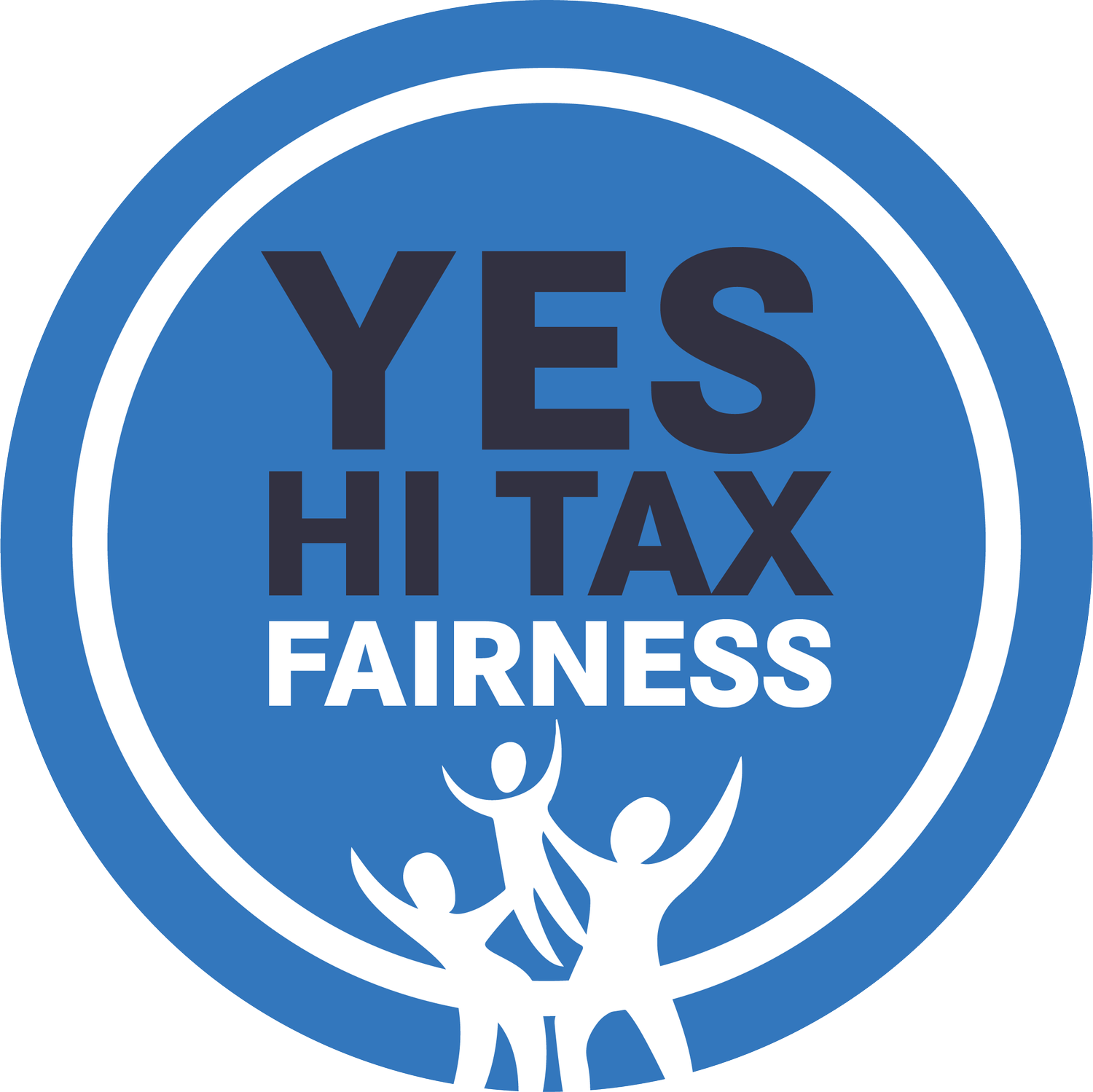REITs should pay taxes like rest of us
Hawaiʻi wouldn’t be the first state to change its REIT laws. New Hampshire taxes REITs in the same way that previous Hawaiʻi legislation proposed. Its corporate income tax rate is 8.2 percent (vs. Hawaiʻi’s 6.4 percent). It has a relatively higher number of REIT shareholders, and a relatively lower number of valuable REIT properties—the opposite of Hawaiʻi. Despite this tax policy, REITs still invest in New Hampshire. Between 2014 and 2017, REIT asset values in New Hampshire grew almost 20 percent.
Even if the REIT legislation passes, they would still enjoy significant tax benefits. They enjoy federal tax deduction (would pay up to 21 percent otherwise). Also, Hawaiʻi’s property tax rate is the lowest in the country.
REIT lobbyists have argued that REITs contribute through real property taxes and the general excise tax (GET). This is true but doesn’t tell the whole story. Everyone in Hawaiʻi pays real property taxes and GET—but also pays income taxes.
When Gov. David Ige vetoed the REIT taxation bill in 2019, he claimed it would “discourage the business community from investing in Hawaiʻi.” However, even during the pandemic, Hawaiʻi continues to be one of the most attractive real estate markets. Since last March, our valuable land has only gotten more expensive.
REITs are lucky to operate in Hawaiʻi. Hawaiʻi’s properties are unique—and uniquely valuable.
This is the year for our legislature and governor to come together to do what’s best for the state: Make REITs pay state corporate income taxes.

